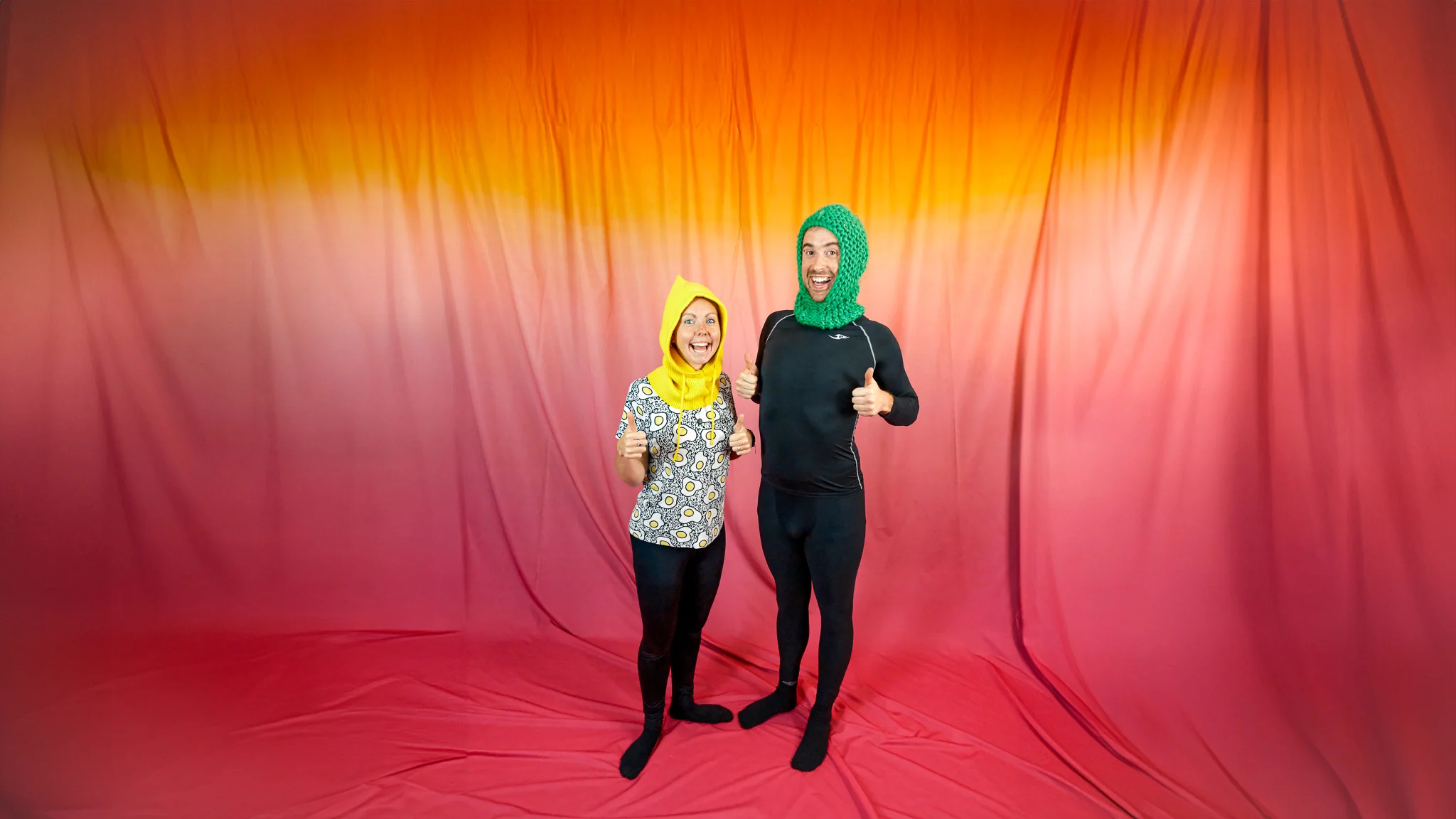
Why Everyone Should Try Clown Comedy: 7 Ways It Boosts Your Life
Read More

by Charlie Jackson
Clown Comedy! One of the most fun and universal ways of playing and making people laugh. On first look clowning is often characterised by lots of physicality, exuberant joy and amplified silliness. Looking closer we see a deep connection to the audience, a lot of vulnerability and even more stupidity.
Clowning helps you better give the audience what they want, become more resilient to things going wrong or off track and be more aware of how things are going in the moment.
You can clown by yourself, with a partner, in a group, bring it into stand-up, acting, improvisation and life.
Viggo Venn is an exceptional clown who won the Britains Got Talent in 2023. This an excellent example of a well filmed and performed modern clown. Take note of the joy, taking in the audience, simple games and great physicality.
A lot of popular comedy is also clown or heavily inspired by clown:
Mr Bean - Silent, physical and a simple idiot. A universally loved clown character.
Monty Python - From the Ministry of Silly Walks, Fish-Slapping Dance and the Upper Class Twit of the Year.
The Mighty Boosh - The surreal stupidity, strong characters, naivety and physicality all show lots of clown influence.
Sasha Baron Cohen - Borat, Ali G and Bruno. All these characters have strong clown elements even though their focus is satire and social commentary. No surprise given he studied with the notorious French Master Philipe Gaulier.
There’s a lot of different ways of teaching clown comedy. In our classes we do a lot of improvised exercises that help us discover the joy in playing on stage, discovering fun games in the moment and escalating them and recognising when something isn’t working and moving on.
We have a mixture of group exercises and warmups, individual spotlight moments, shared stage time and devising / writing exercises for building shows.
In clowning we might make use of props, costumes, noises, words, silence and physicality as we play.
We like to keep the focus on the joy of playing and maintain a super positive atmosphere in all our classes. A lot of clown training can be notorious for it’s intense teaching style, we don’t do that here but do recommend trying a variety of styles as you’ll find you learn different lessons and techniques to become more well rounded as a performer.
Check out our recommends page for more schools, clowns, regular shows and performing opportunities.
There’s a lot of topics to cover, and loads of nuance in each. At a high level these are some of the most important aspects we cover:
The Joy Of Clown - How do we have fun and share that with the audience
Game & Play - Discovering comedic games that we can escalate and moving on when necessary
Audience Sensitivity - Do the audience like what we’re doing? If so, keep going, if not, change or go back to something that was working.
The Flop - What to do when it’s not working, be vulnerable and make us care
Complicity - How do we connect with the audience and our fellow clowns on stage, develop trust, and facilitate the discovery of comedic games?
Major / Minor - Who’s “in major” on stage, who has the focus, how do we pass that and how do we support each other in clown. Without this we can confuse the audience with split focus in group performances.
Clowning is a lot of fun and can help you explore a sense of curiosity and play in your performing and everyday life. Check out our clown classes here!
For books and resources on clowning visit our recommends page.

Read More
